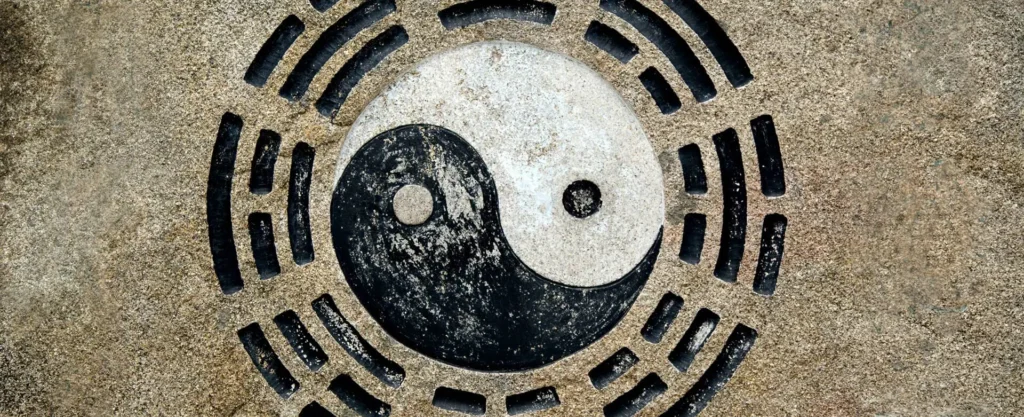Tai Chi Master: it’s a great film, and inspired me to punch a few pillows and generally annoy my friends with a rush of mock martial arts when I watched as a teenager. Like more than a few others it led to hero worship of the consummate martial artist depicted. But is such mastery something to aspire to, or just fanciful movie candy?

At around the time I started Tai Chi I became intrigued by how “easy” (or difficult!) it is in theory to master anything, and delved into a few popular science books on the topic. In “Outliers”, Malcolm Gladwell champions the 10,000 hour rule – stating that this is how long it takes to master a given skill. So an average of four hours a week of training would get you there in…50 years (6 classes a week it is then!). Is it really that simple? Possibly for chess grand masters and violinists, but not so for less cognitive activities, like the 100 metres, where natural ability has a much larger part to play. Similarly, no one’s suggesting this directly applies to disciplines that require a host of skills, like being a surgeon, a detective or a Tai Chi master – but it seems there is a lot to be said for “practice makes perfect”.
So being very good at something might just be achievable with the right focus and discipline, but is it worth it? Another concept in vogue is the physiological state of “flow”. Wikipedia does a better job than I would of describing this, but in essence it is the undertaking of a task that is challenging, enjoyable and completely immersive (sound familiar?)1 “Flow (psychology)”, Wikipedia, https://en.wikipedia.org/wiki/Flow_(psychology), accessed on 17.10.19 . When in flow people are relaxed, with “optimal” levels of success at the task at hand and enjoyment in undertaking it. It is by no means a new concept, with very similar states of mind described in many cultures. The interesting thing is that the greater mastery one has in a given area, the more easily they will achieve flow, and in turn the more they will progress and succeed. Many believe Michelangelo was in a state of flow when he painted the Sistine Chapel and Bruce Lee talked of a corresponding state in his practice.2 https://www.youtube.com/watch?v=cJMwBwFj5nQ
There are a host of other questions to be answered around achieving mastery but with no practical experience and little more in the way of theoretical knowledge, I’ll have to leave it there. For me the virtuous circle of flow and mastery, and the apparent achievability is certainly motivating – so I’ll keep training, and watching Jet Li flying through trees and kicking ass.
